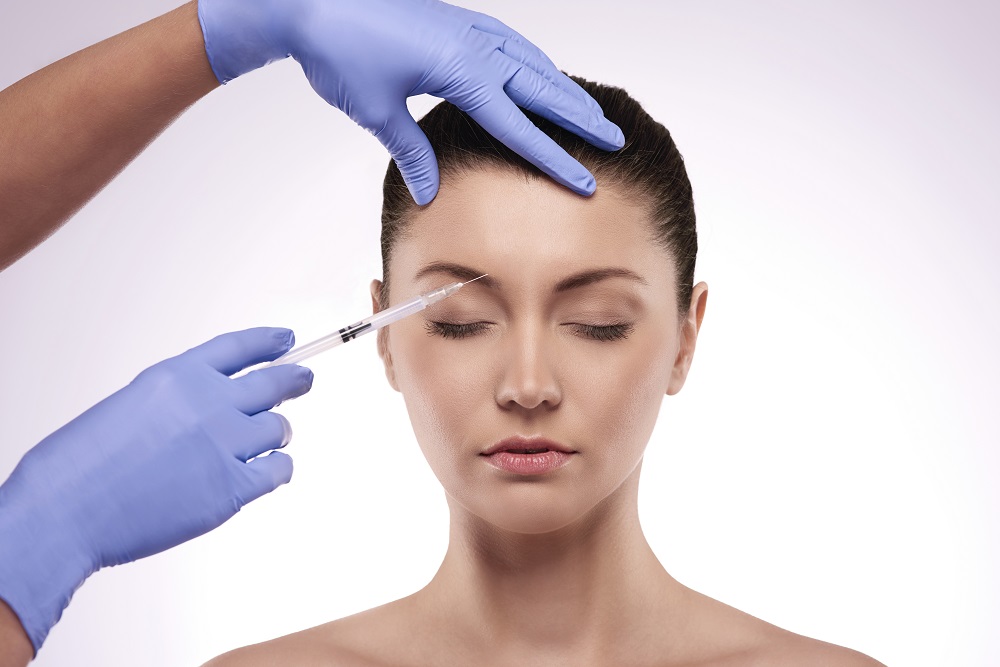In recent years, the use of Botox, a popular cosmetic treatment known for reducing wrinkles and fine lines, has extended beyond the realm of aesthetics. Emerging research suggests a potential link between Botox injections and their impact on mental health and emotional well-being. This article delves into the intriguing connection, exploring how Botox may influence not only your appearance but also your mood and mental state.
The Connection Between Botox and Emotions
It may seem counterintuitive to link a cosmetic procedure like Botox with emotional well-being, but the connection lies in the feedback loop between facial expressions and emotions. Research has shown that our facial muscles play a significant role in signaling emotions to the brain. For example, when we frown, our brain interprets this as a sign of distress or sadness, whereas a smile signals happiness or contentment.
By temporarily paralyzing certain facial muscles, Botox inhibits the ability to make certain expressions, such as frowning or furrowing the brow. As a result, the brain receives fewer signals associated with negative emotions, potentially leading to a shift in mood.
1. The Mind-Body Connection:The traditional view of Botox primarily focused on its ability to paralyze facial muscles temporarily, resulting in smoother skin and a more youthful appearance. However, the mind-body connection is a complex and interconnected system, and altering one aspect may have ripple effects on others.
2. Research Findings:Recent studies have started to explore the psychological effects of Botox injections. One study, published in the Journal of Psychiatric Research, found that individuals who received Botox treatment reported a decrease in symptoms of depression compared to a control group. The theory behind this phenomenon revolves around the concept of the facial feedback hypothesis, suggesting that facial expressions can influence emotions.
3. Facial Feedback Hypothesis:The facial feedback hypothesis proposes that our facial expressions can influence our emotions. By paralyzing certain facial muscles, Botox may limit the ability to frown or express negative emotions, potentially impacting the brain’s perception of those emotions. This reduction in facial expressions could lead to a positive feedback loop, where the absence of frowning signals to the brain that there is less negativity, potentially contributing to improved mood.
4. Emotional Well-Being Beyond Appearance:While Botox is widely known for its cosmetic benefits, the potential impact on emotional well-being opens up a new dimension to its usage. Individuals seeking Botox treatments may find not only a physical transformation but also a positive shift in their emotional state, potentially enhancing their overall quality of life.
5. Considerations and Ethical Concerns:While the preliminary findings are intriguing, it’s essential to approach the connection between Botox and mental health with caution. Ethical considerations, potential placebo effects, and individual variations in response to treatment should all be taken into account. Further research is needed to establish the validity and long-term implications of these findings.
Botox and Mental Health: Exploring the Intriguing Connection and Considerations
The relationship between Botox and mental health introduces a fascinating intersection between cosmetic treatments and emotional well-being. As research in this field continues to evolve, individuals considering Botox may find themselves contemplating not only the aesthetic benefits but also the potential impact on their mood and mental state. As with any medical or cosmetic procedure, it’s crucial to consult with healthcare professionals to make informed decisions that align with individual needs and values.
Jeff Steinberg, MD, at (954) 329-0053 to explore the fascinating intersection between cosmetic treatments and emotional well-being. Whether you’re seeking a physical transformation or a positive shift in your mood, our team is dedicated to guiding you through informed decisions tailored to your individual needs and values. Elevate your well-being with Botox—it’s not just about looking good; it’s about feeling good too.

